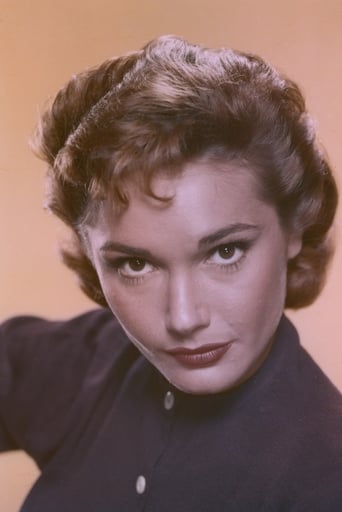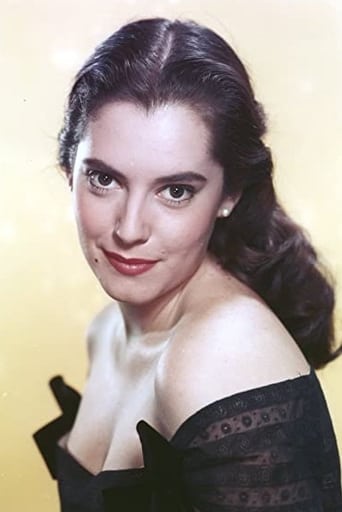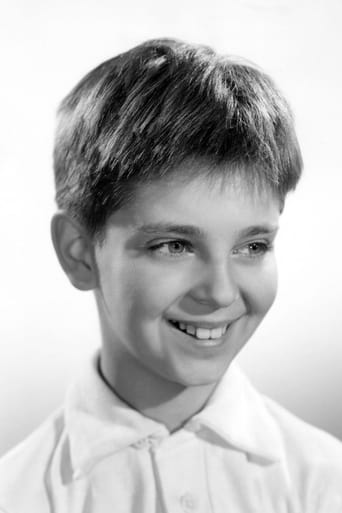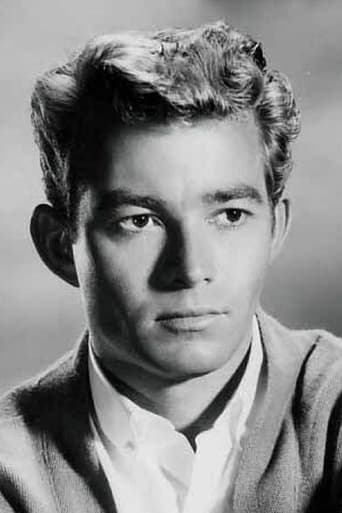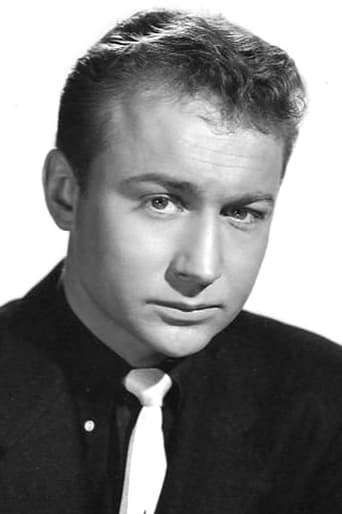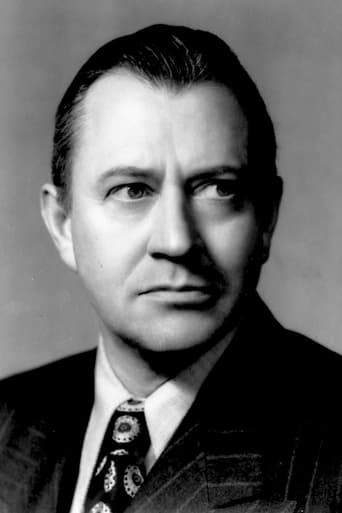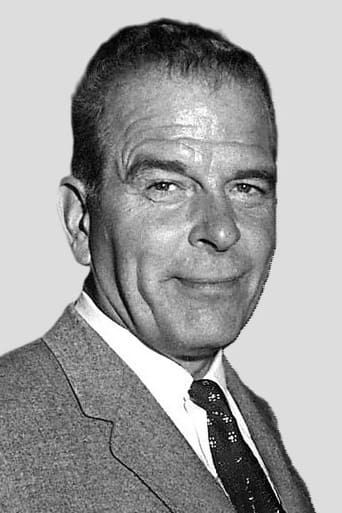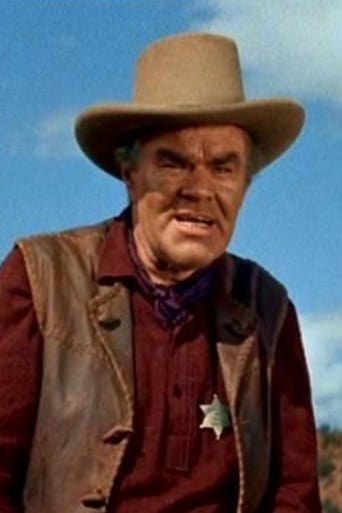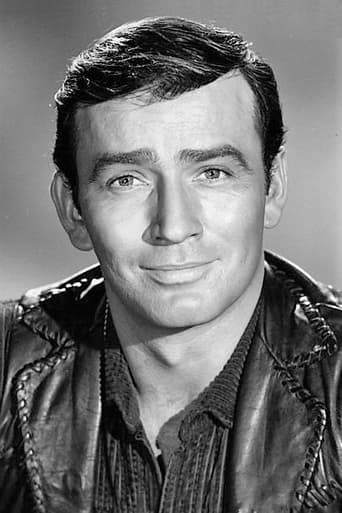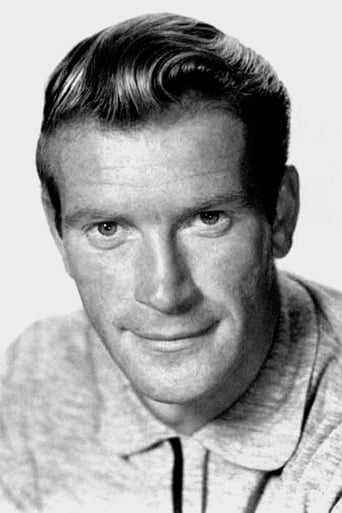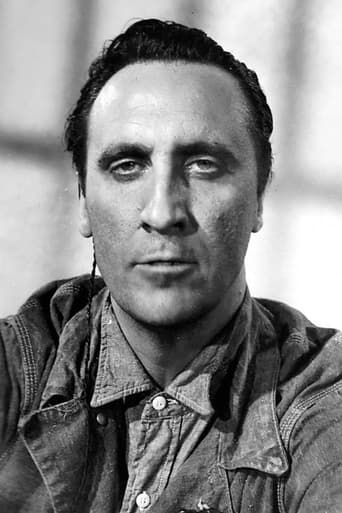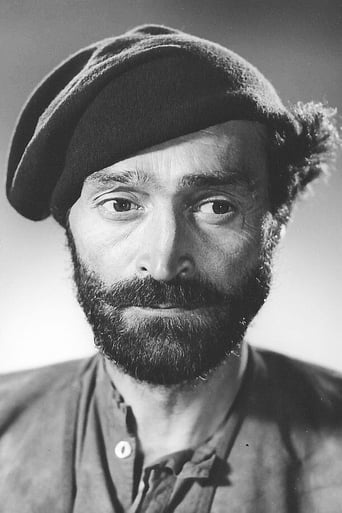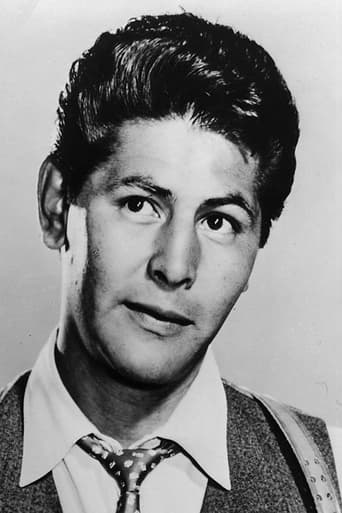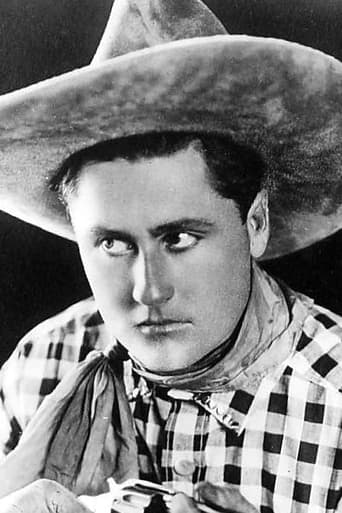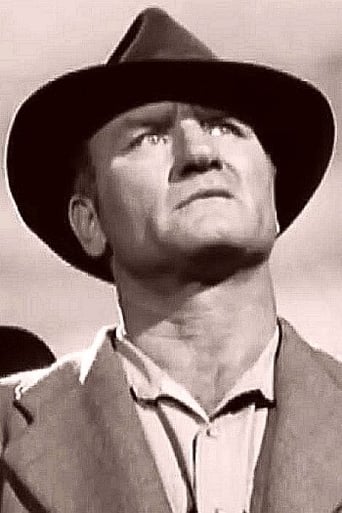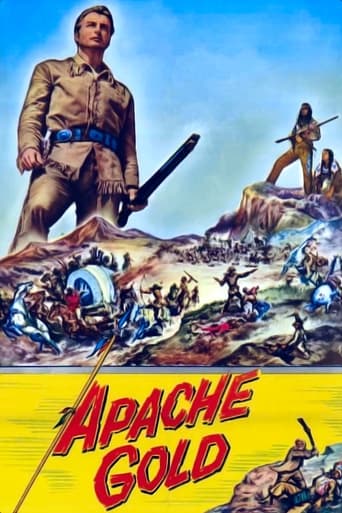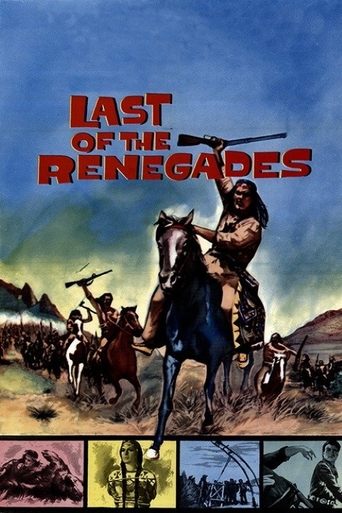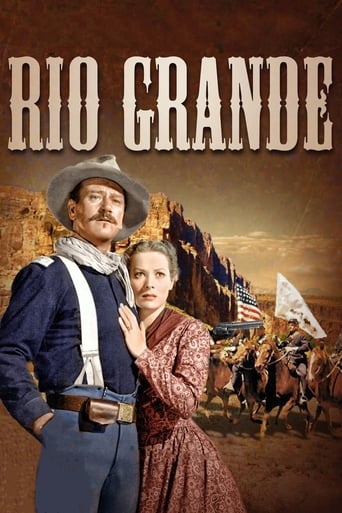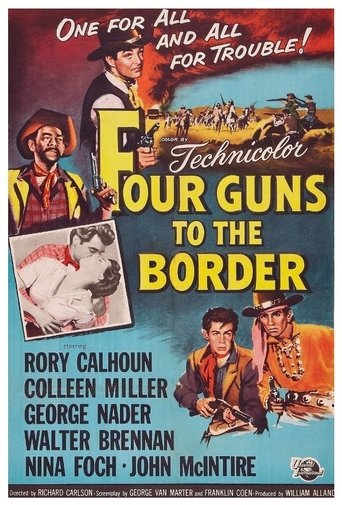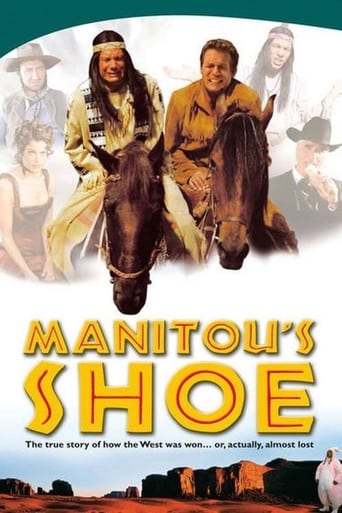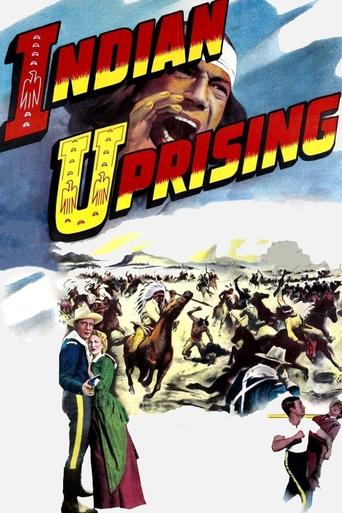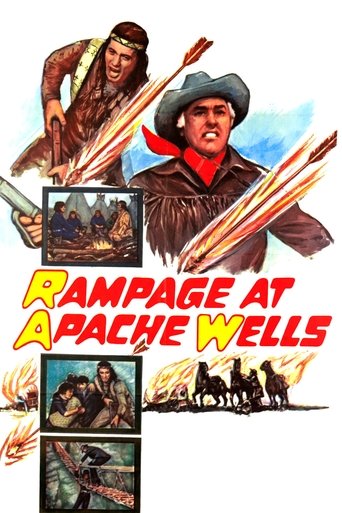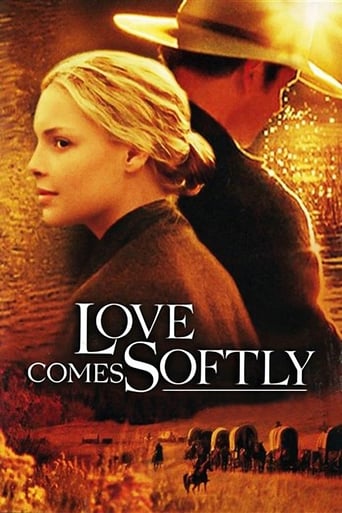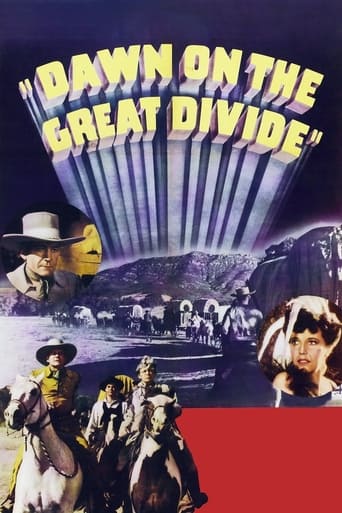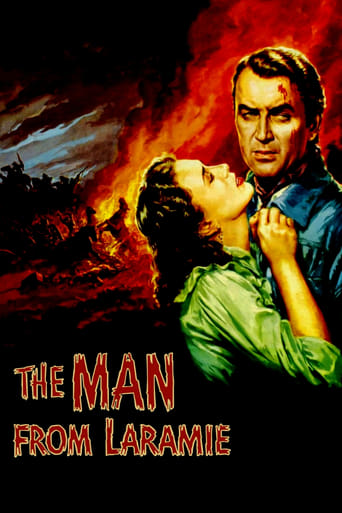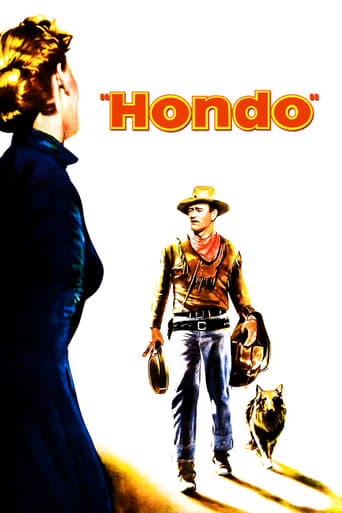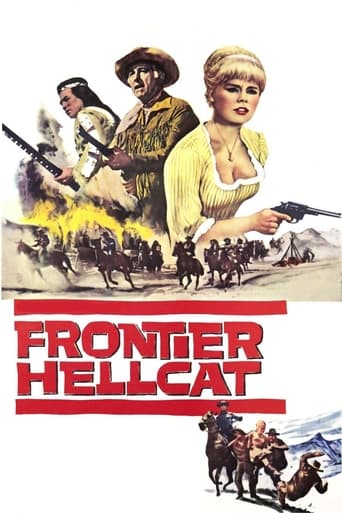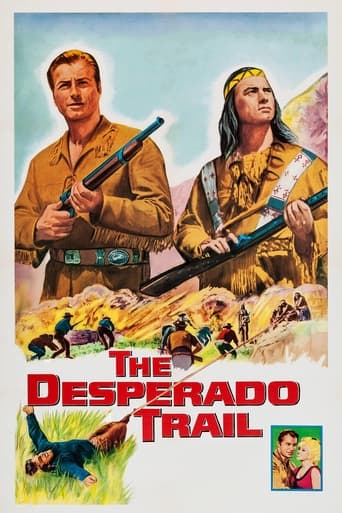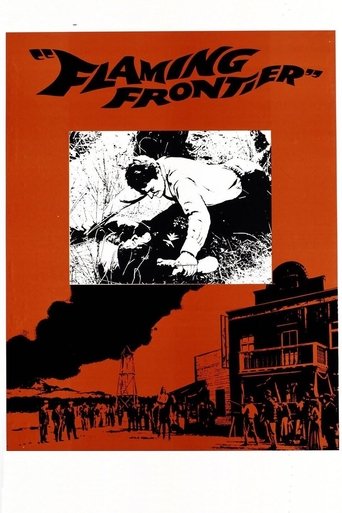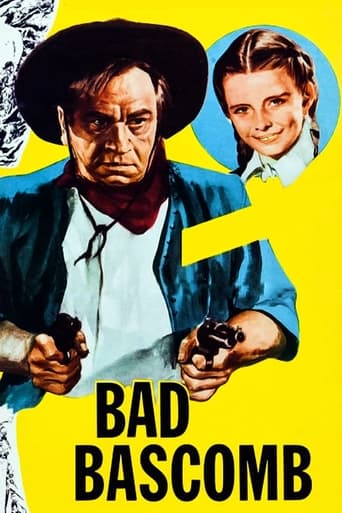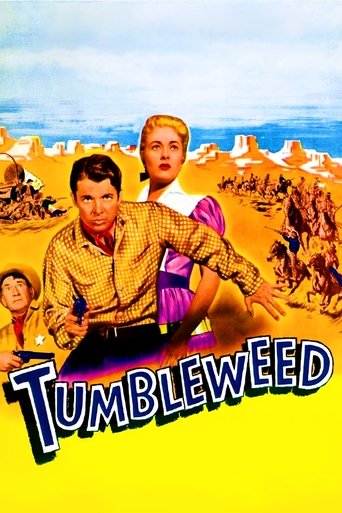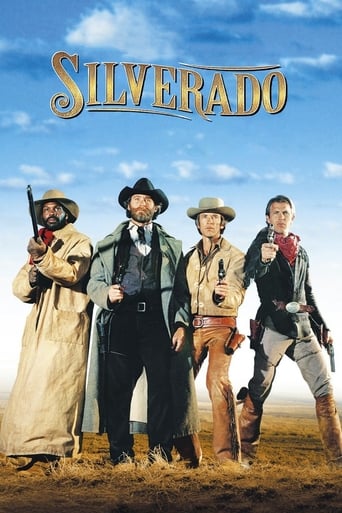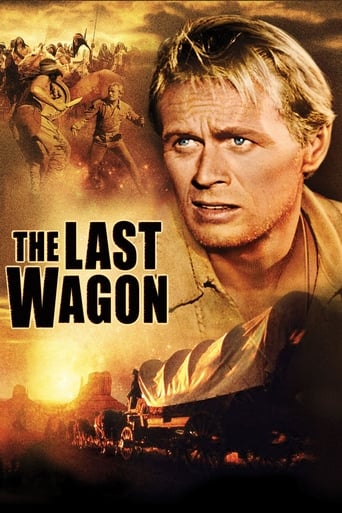
The Last Wagon (1956)
When a handful of settlers survive an Apache attack on their wagon train they must put their lives into the hands of Comanche Todd, a white man who has lived with the Comanches most of his life and is wanted for the murder of three men.
- Delmer Daves
- Joseph E. Rickards
- Delmer Daves
- James Edward Grant
- Gwen Bagni
Rating: 6.5/10 by 78 users
Alternative Title:
La ley del Talión - ES
Country:
United States of America
Language:
English
Runtime: 01 hour 39 minutes
Budget: $0
Revenue: $0
Plot Keyword: apache nation, wagon train
He'll be safe. The first time he don't look safe, he'll get dead. We open with a pursuit of a man across Canyon Of Death {Oak Creek Canyon}, the man being pursued is Comanche Todd. Todd is a white man with Comanche blood coursing thru his veins, he's also a wanted man, wanted for the murder of three men. After his capture by Sheriff Bull Harper, Todd and his captor run into a wagon train of Christian settlers who suffer an attack by the Apache. Severely depleted and ill equipped to deal with the terrain and threat of further attacks, the remaining settlers must put their trust in Todd to hopefully steer them all to safety. The Last Wagon is one in a long line of Westerns that feature a similar plot, but this Delmer Daves {Dark Passage & 3:10 to Yuma} picture is a touch above many of the others due to having a few things in its favour. Primarily the picture's major draw card is the performance of Richard Widmark as Todd. In what could have been a by the numbers character, Widmark fills the role out with a sort of resentful angst. Resentful and angry angst that is coated with delicate flecks of romanticism! With the romantic plot strand here being no hindrance at all. In fact the romance here with Felicia Farr's {delightful performance} Jenny is sexy and mixes well with the dramatic core of The Last Wagon's being. As a character study of a group of people under duress, Daves and his co writer, James Edward Grant, have excelled and broken away from maudlin tendencies so rife in films of this ilk. Virtues and vices come under the microscope, as does the art of being humanitarian, regardless of circumstance and being armed with basic facts or foolishly acting on hearsay. Also containing some beautiful location work at the afore mentioned Oak Creek Canyon, Arizona {filmed in Cinemascope and Technicolor}, it's most certainly looking like a film that has apparently been forgotten outside of the Widmark and Western purists. And that's a damn shame, because although the ending doesn't quite sit right with all that has gone before it, it's a fine Western picture just begging to be discovered by any prospective newcomers to an often derided genre. 8/10
_**One of the better Westerns of the 50s**_ Richard Widmark stars as Comanche Todd, a white man raised by Comanches and under arrest for murder. Deep in hostile Apache territory in 1873 he soon finds himself the leader of a small group of youths from a wagon train. Will they make it out alive? And, even if they do, can Todd escape the sentence of death-by-hanging? Shot on location in Sedona, Arizona, at the mouth of Oak Creek Canyon, this is a gorgeous-looking Western. Not only is the plot engaging, the characters, cast and practically everything else are well done. The film successfully takes you back to the late 1800s and gives a good glimpse of what it must have been like to travel out West during that time. Felicia Farr and Susan Kohner stand out in the supporting cast; both beautiful in different ways. Each youth has his/her issues and grows much as a result of their experiences with Comanche Todd in the dire situation. For instance, Susan (Jolie) is ashamed that she's half-Indian but Todd teaches her to be proud of who and what she is. Others hate Todd for being an "injun lover" but later see the error of their ways. Todd himself is lost in in a fog of bitterness & revenge but a new prospect is thrown in his lap. Can he get over his disillusionment to see the blessing in his current situation? This is just a taste of the character arcs in the story. Christianity and Christians are actually portrayed in a positive light. Yet so are the beliefs/practices of the AmerIndians. The film does a good job of taking the middle road with the settlers and the Indians. Not to mention, the Indians are portrayed realistically, unlike some 50's Westerns where you just roll your eyes at their silly depiction. Aside from the dated score (which isn't bad, just dated), the negative I can cite would be some quaintness. But the film makes up for it with a quality end-commentary on the nature of universal justice. The film runs 1 hour, 39 minutes. GRADE: A-


